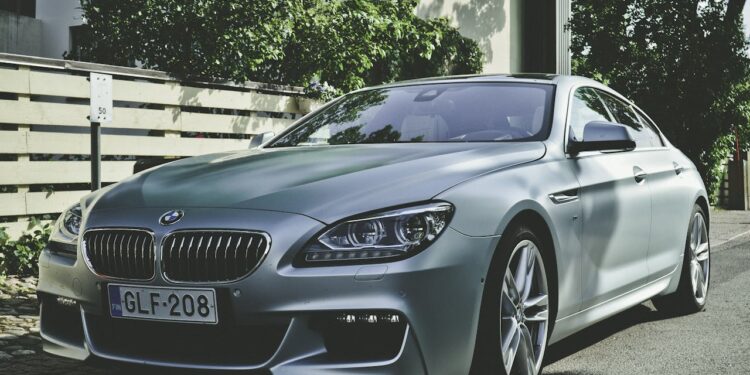Navigating The Evolving Landscape Of Luxury Cars
The luxury car market is undergoing a transformation driven by technological advancements, shifting consumer preferences, and evolving market dynamics. In this article, we delve into five key trends that are shaping the future of luxury automobiles, as identified by McKinsey insights.
1. Electric Vehicles: Pioneering Sustainable Luxury
Electric vehicles (EVs) are revolutionizing the luxury car segment, offering environmentally-conscious consumers an elegant and sustainable alternative. As advancements in battery technology improve range and performance, luxury automakers are investing heavily in EV development to meet regulatory requirements and cater to a growing demand for eco-friendly transportation options.
2. Digitalization And Connectivity: Redefining The In-Car Experience
The integration of digital technologies and connectivity features is redefining the in-car experience for luxury car owners. From advanced infotainment systems to seamless connectivity with smart devices, these innovations enhance convenience, entertainment, and safety, transforming the vehicle into a personalized digital hub tailored to the preferences of modern consumers.
3. Autonomous Driving: Embracing The Era Of Self-Driving Luxury
Autonomous driving capabilities are poised to revolutionize the luxury car market, offering affluent consumers the ultimate in convenience, comfort, and safety. While fully autonomous vehicles remain a futuristic vision, luxury automakers are progressively introducing advanced driver-assistance systems (ADAS) and semi-autonomous features, paving the way for a future where self-driving luxury cars are commonplace on the roads.
4. Shared Mobility: Rethinking Ownership And Access
The rise of shared mobility services is challenging traditional notions of car ownership within the luxury segment. Affluent urban dwellers increasingly opt for subscription-based models, car-sharing platforms, and chauffeur-driven services, prioritizing access and convenience over ownership. Luxury automakers are adapting to this trend by exploring new business models and partnerships to capture a share of the evolving mobility ecosystem.
5. Personalization And Exclusivity: Catering To Individual Tastes
In an era of mass production, personalization and exclusivity are becoming defining characteristics of luxury cars. Affluent consumers seek bespoke customization options, limited-edition models, and unique brand experiences that reflect their tastes and preferences. Luxury automakers are responding by offering extensive customization programs and exclusive ownership privileges, fostering a sense of exclusivity and prestige among their clientele.
Conclusion: Navigating The Future Of Luxury Mobility
The future of the luxury car market is shaped by a convergence of technological innovation, shifting consumer behaviours, and regulatory imperatives. Electric vehicles, digitalization, autonomous driving, shared mobility, and personalization are driving forces reshaping the industry landscape. As luxury automakers navigate these trends, they must embrace innovation, adaptability, and customer-centricity to thrive in an ever-evolving market environment.
In conclusion, the future of luxury mobility is characterized by sustainability, connectivity, autonomy, accessibility, and exclusivity, offering affluent consumers an unparalleled blend of luxury, performance, and sophistication. By embracing these trends and leveraging their unique brand strengths, luxury automakers can position themselves at the forefront of the evolving automotive landscape, shaping the future of mobility for discerning consumers worldwide.




